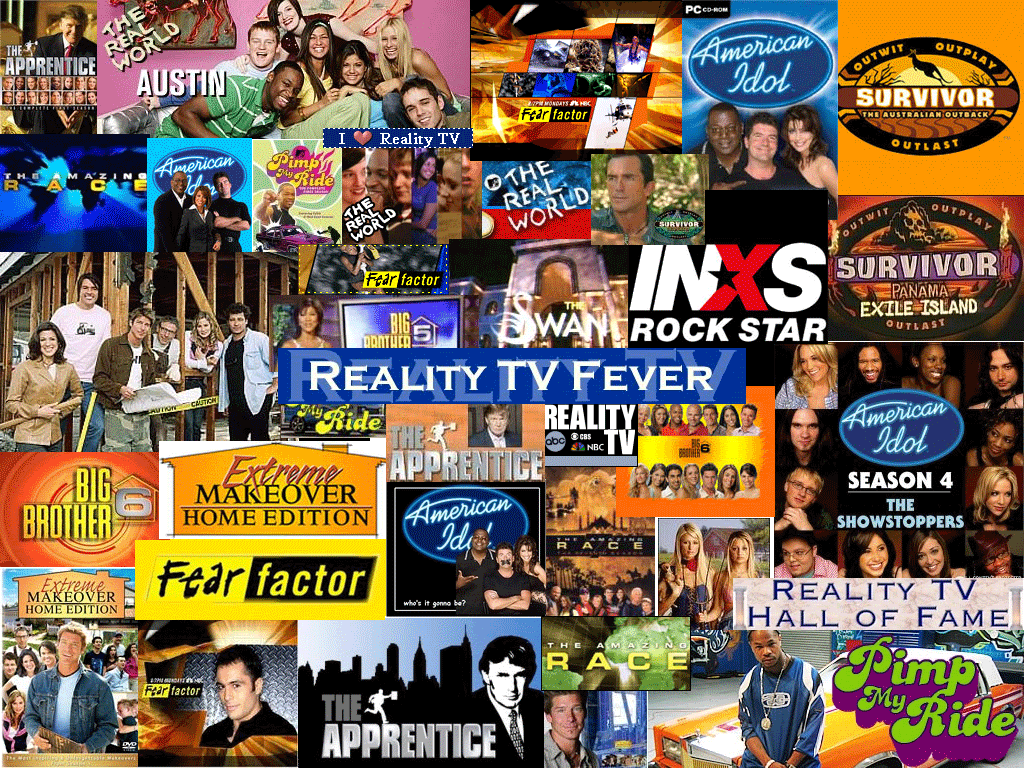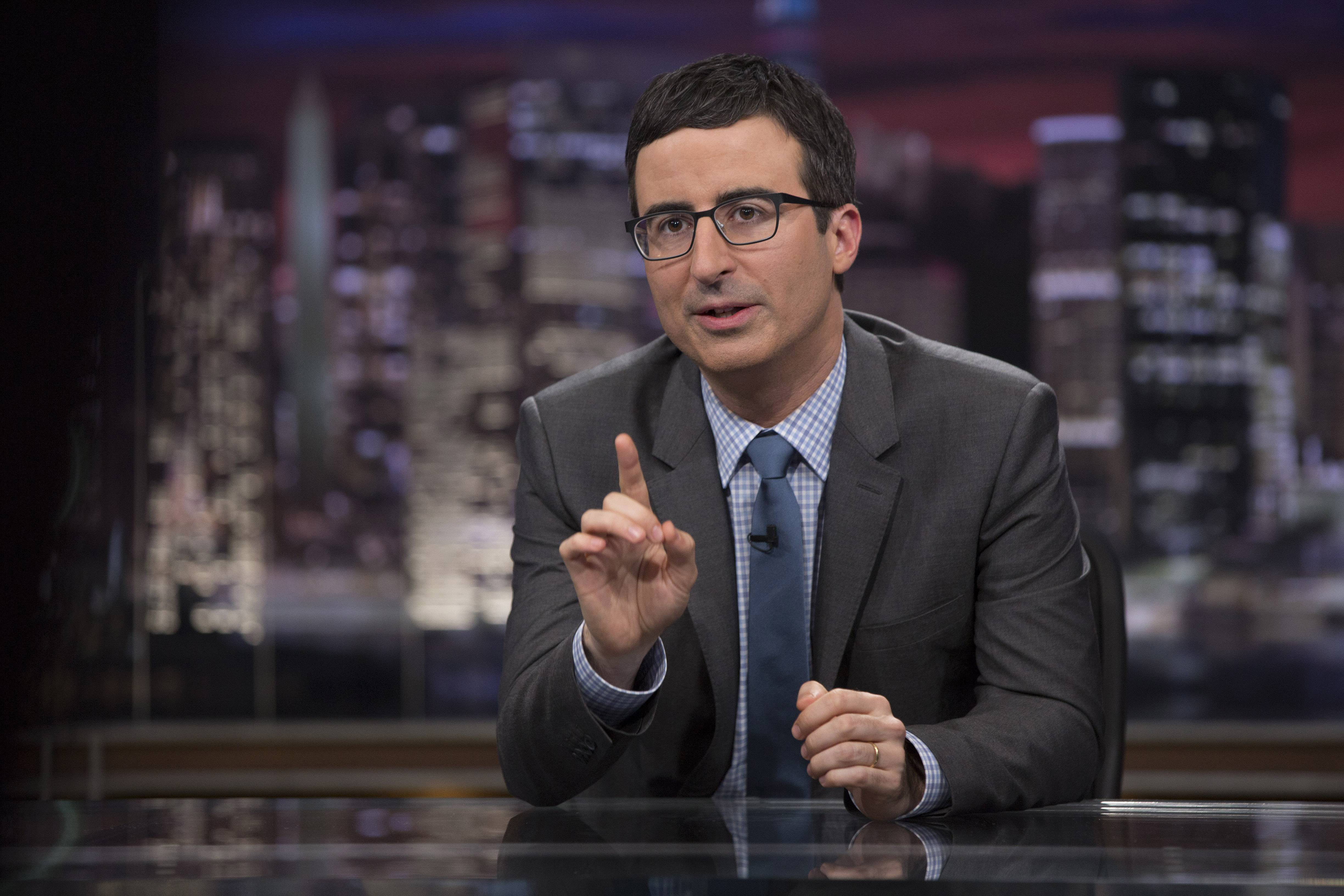
By: Chenee Tracey
“You’re going to Hollywood!” Cut to the excited “American Idol” contestant who has just discovered she has advanced to the next round. She hasn’t even performed in front of the judges. Instead, the show’s producers decided she could advance to the next level. Reality shows are designed to be entertaining. Cameramen follow reality television subjects with hopes of capturing enough footage to craft a few scenes per episode that will astonish or captivate. Originally unscripted and authentic, reality television has evolved from its humble beginnings of capturing candid moments to staging “candid moments,” and viewers are taking notice.
This growing problem threatens the essence of reality television. An early example of authentic reality TV, “The Osbournes,” was filmed from 2002-2005—when following peoples’ lives with cameras was still a novel concept. During the show, Ozzy Osbourne and his family completed their everyday tasks as though the cameras didn’t exist. The family’s non-traditional habits and hilarious spontaneity made the show a success.
Straying from this early format, early reality TV producers quickly realized that they could tell even more entertaining versions of reality by manipulating footage.
This revelation gave rise to reality series that were heavily formatted and scripted by producers in order to invoke a specific reaction from the audience (see “The Hills” and “Survivor”). However, not all editing should be viewed negatively. Editing is necessary to meet show time constraints to create a cohesive end-product. However, tightened time constraints push editors and producers to dissect recordings and push pieces together that “fit.” As a result, editing fails to provide an accurate description of the subjects, and it oftentimes injects subtle biases of the producers that viewers fail to notice.
Recently, the popular reality show, “The Bachelor,” on which one man volunteers himself to date 25 women simultaneously, has become controversial. Due to the bachelor’s actions on and off the show, Juan Pablo has been dubbed “The Worst Bachelor Ever” by the media and American public. Juan Pablo is a victim of editing. Many of Juan Pablo’s public actions, such as comments in January on gay relationships being “more pervert” and re-tweeting in March a post making fun of mental illnesses, quickly garnered negative sentiments and alienated him from the producers.“Juan Pablo’s comments were careless, thoughtless and insensitive, and in no way reflect the views of the network, the show’s producers or studio,” responded the Bachelor’s production company over Juan Pablo’s faux pas.
While the star of “The Bachelor” is fully responsible for his actions, the producers and editors may have seized the opportunity to continue to display Juan Pablo in a negative manner as the show developed. Viewed as a fan favorite, the television network vigorously promoted the reality television star before the season premiere. Starting off in the honeymoon phase, the television network renamed the first month of the year “Juanuary” in order to promote the new season, but the tables quickly turned after Juan Pablo’s comments on same sex marriage and mental illness. The producers didn’t want to be closely affiliated with this bachelor after his public statements reflected negatively on the network, but the season was already underway by the time Juan Pablo’s comments became public. In an effort to create distance between the network and the Bachelor, the producers began the editing process that displayed Juan Pablo negatively during the course of the season.
Two major events occurred this past season that angered the American public. They were craftily edited by the show’s producers to show Juan Pablo in the worst possible light. A sexual encounter with Claire and his “slut shaming” speech that followed along with Andi’s decision to leave the show early because she said he was self-centered. For example, when confronted about his premature intimate encounter in Vietnam with Claire, the close-ups focus on the contestant’s tears and cries for unfairness, while Juan Pablo is in the background trying to explain his reasoning and complications with English as second language. That scene gave the impression that he was an unemotional character that didn’t care about finding love. In another incident, when Andi left Juan Pablo because of his insensitive comments and divulging his relationship with the other contestants during an intimate date, the producers edited the episode to demonstrate Juan Pablo as a nonchalant, apathetic lover. Her repeated frustration with Juan Pablo’s response of “it’s ok” to Andi’s departure also frustrated American audiences as he attempted to explain his feelings for Andi.
The show’s finale was the culmination of Juan Pablo’s “villainy”: he refrained from proposing to the finalist, whom he had only known for 10 weeks—normally quite a sensible act. But by going against the premise of the show—finding true love—Juan Pablo stunned America and the producers of the show. Portrayed as an unloving bachelor who didn’t want to share any of the details of his current relationship with America, his actions blacklisted him on “The Bachelor,” and he continued to be shamed as host Chris Harrison attempted to pry specific details from Juan Pablo about the status of his relationship with the woman he chose. Frustrated, Chris Harrison did not hide his sentiments and proceeded to explain the premise of “The Bachelor” to Juan Pablo as if Juan Pablo were unaware. Yet another opportunity to solidify Juan Pablo’s negative image in the public, Juan Pablo didn’t waver as he faced belittling comments from the host and former Bachelor contestants.
Are producers overstepping boundaries when they edit to create a story that isn’t necessarily true? Yes, subjects sign up to make their private lives public, but they lack input in the editing process. However, producers have the opportunity to interview their subjects, so that they can familiarize themselves with the subject’s tendencies and behavior in order to get a more accurate understanding of the stars’ personality and behavior, but in the end, editing is based solely on the producer’s discretion and how the producer believes the subject may behave in a given situation. These same editing decisions cause controversy with the reality stars long after the show is publicly aired.
Reality television stars are well aware of this inaccurate portrayal and their false depictions as a result of television edits. A reality series “An American Family” starring the Loud family has been the victim of public criticism because of editing decisions. The family has confronted the show for its inaccurate depiction of the family to fit the storyline vision of the producers. In another case, a character on “Basketball Wives” voiced her complaints and even received a raise to appease her concerns. In the series “Dance Moms,” typical stereotypes are perpetuated in a competitive environment where moms are asked to behave in a controlling and overprotective manner. Recently, one of the Dance Mothers has filed a lawsuit against show producers stating that producers made the girls dance inappropriately in a sexual manner.
Reality television has come to Athens, Georgia and The University of Georgia as the cast for “Party Down South” recently began filming in Athens. With a premise of showing “Southern Values,” Louisiana natives are paid to indulge in the nightlife of Southern towns. Producers wanted to film the second season in Pensacola, Florida, but locals protested the filming stating “[‘Party Down South’] it’s not a representation of our culture or our area.” “Party Down South” has been identified as a series that is completely inaccurate and Southerners are neither accepting nor promoting the message of this reality show.
Danger exists in promoting reality television series that perpetuate unrealistic and negative images of both famous and ordinary subjects. Reality series are evolving into a hybrid of staged television sitcoms and unedited, accurate reality television. Editing has allowed television producers to create captivating and entertaining episodes while appearing to maintain a level of truth. We are a culture that takes multiple cues from television. Studies have shown that relationships viewed on reality series, change viewers’ perception of how real relationships should function because of belief in misconstrued, staged episodes. Many viewers aren’t aware of the discrepancies between real situations and editing tactics of producers and are believe that reality television is accurate.
As reality television continues to evolve from its original format, it is important that the American public adapts and remains guarded against the biases and fake stories of media as media’s role becomes more pervasive and influential within our society.

